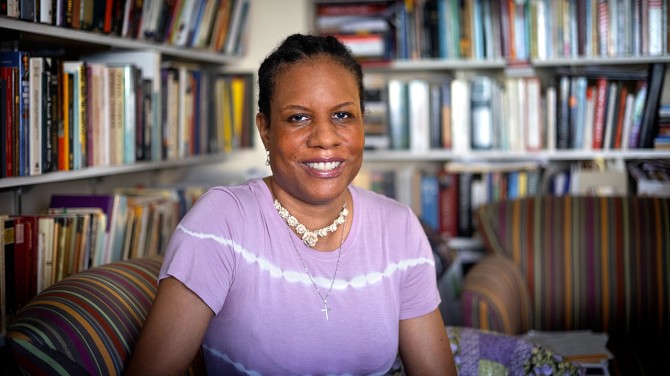The UN Special Rapporteur on the right to freedom of peaceful assembly and of association, Clément Voule, has urged authorities in Niger to act on their promise to create and maintain an effective civic space in the country.
Speaking at the end of an official visit to the country, Voule said it was vitally important to allow public demonstrations, which are necessary for every democratic, open and inclusive society.
The UN expert acknowledged that the President of the Republic of Niger, Mohamed Bazoum, had recently consulted with civil society, renewing hope that civic space would be opened up. “Unfortunately, the recent prohibitions of demonstrations organised by Tournons La Page on 5 and 12 December, and the arrests for ‘illegal gatherings’ of their members on 10 December on Human Rights Day threaten this commitment,” said Voule.
“It is disturbing that since 2018, every request for a demonstration expressing opposing views on how the country is governed has been systematically prohibited on the grounds of the security crisis or health emergency as a result of the COVID-19 pandemic.
“Though the security crisis is a concern, this, alone does not justify the systematic prohibition of public demonstrations. It is during times of crisis that the citizens have the most need to express their opinions on how such a crisis is managed, through the exercise of their right to assemble,” the UN expert said.
“Restricting the peoples’ opportunities to assemble peacefully, and to express their needs and aspirations, might risk opening an undesirable path, one of a violent resistance. This might have adverse consequences on sustainable development and peace efforts.”
Voule said demonstrations organised in the past illustrated that dialogue with organizers and provision of security forces in order to control public assemblies could reduce all risks of violence. The State has an obligation to ensure the enjoyment of the rights of peaceful assembly and association, even in times of crisis. The exercise of the right to demonstrate should be the rule and its restrictions the exception. All restrictions must be proportionate to the risk, time-bound and have a legal basis.
He said the authorities must also urgently restore a dialogue with civil society and political parties on security, economic, social and environmental issues that the country is currently facing. This would have the advantage of consolidating social cohesion, good governance and participation of all society in the construction of the country.
The Special Rapporteur invited the authorities to engage in a process of consensual amendments of laws that restrict civic space, specifically the law on cybercrime and the law on public assemblies, in conformity with international standards.
“Within the context of social appeasement, it is important to proceed with the release of detainees who exercised their right to assemble peacefully, particularly following the presidential elections in February 2021,” added Voule.
“It is essential that the independence of the justice system is reinforced in order to guarantee the enjoyment of fundamental freedoms and the consolidation of the Rule of Law”, he said. “The fight against corruption and impunity remains a major challenge which needs to be urgently addressed by the country, in order to create trust by the citizens towards their institutions and rulers”, the UN expert added.
Voule visited Niger from 6 to 16 December, and held meetings in Niamey and Zinder with state and judicial authorities, civil society and diplomatic missions. He will present a report on his country visit to the Human Rights Council in June 2022.








